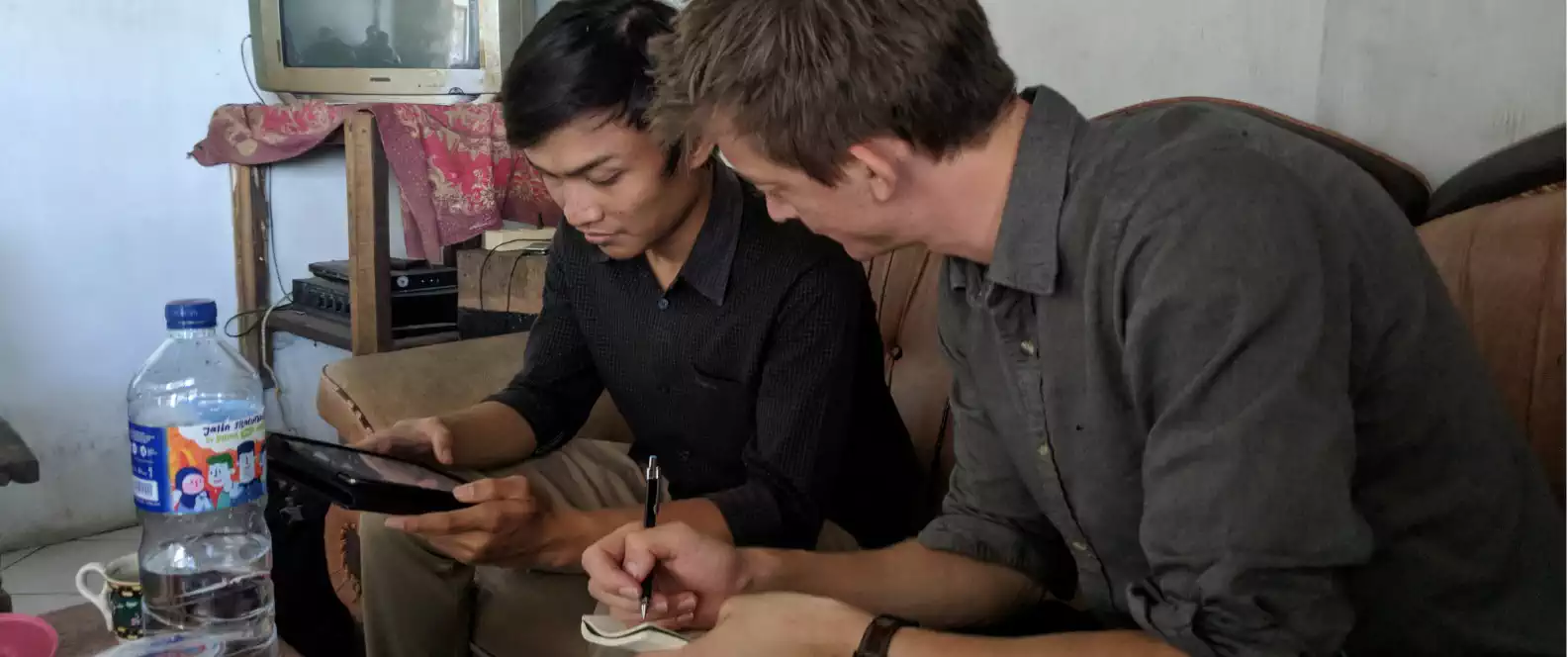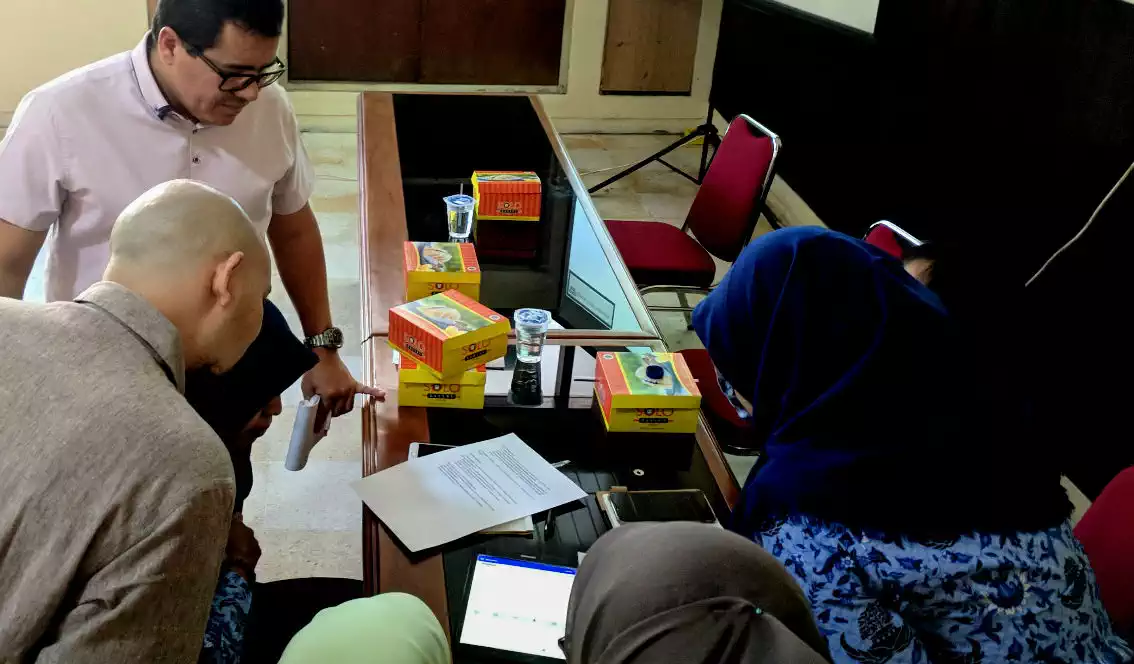On September 28th, a 7.5 magnitude earthquake struck the Indonesian island of Sulawesi. Within an hour, tsunami waves reaching 6 meters in height swept through the coastal city of Palu, devastating homes and infrastructure. Over 2,000 residents have died and over 80,000 have been displaced.


The Indonesian government and humanitarian agencies like UNICEF have needed to act quickly to accommodate a massive population in need of services. The presence of existing humanitarian infrastructure is often a critical factor in recovering from a disaster like this, since the welfare of the local population depends on authorities' ability to respond in a rapid and organized manner. In the realm of information management, no adequate system was in use. However, by chance, one was close to deployment.
At the time of the tsunami, Quoin, UNICEF Indonesia, and the Indonesian Ministry of Social Affairs had just completed an initial field visit to begin the deployment of Primero as part of an initiative to integrate social welfare services across the country. Since most translation work for the Indonesian government had recently been completed, and since Primero is designed to facilitate rapid deployments, Quoin was able to deploy Primero for use in humanitarian response efforts within 12 days of the tsunami’s landfall. UNICEF and the Indonesian government immediately began using the application to manage and document their response.
One major consequence of the tsunami was the need for family tracing and reunification services (often referred to as “FTR”). This process entails organizations helping families search for children lost during the immediate aftermath of the disaster, and then overseeing reunification. Primero’s functionality for FTR had yet to see live usage in an emergency response. This meant Quoin would need to engage with users throughout the rollout to get key feedback and respond quickly enough for humanitarian workers to take advantage of updates.
In line with Agile development practices, Quoin redefined system requirements as ongoing use in the field clarified user needs and pain points. Quoin then addressed these needs through iterative feature deployments. As a result, with minimum turnaround time, our team was able to translate user feedback into better outcomes for those affected by the disaster.
Lessons Learned
Agile practices allow for a quick response to users’ needs.
Traditional “waterfall” planning and development would not have allowed developers to adjust to user needs which only fully emerged once the system was in live use. An Agile methodology is required if T4D teams want to keep pace with the demands of an active emergency response.
Iterative development and a mature Agile release management process lead to stable code.
One reason for the success of this rollout was the overall stability of Primero’s FTR functionality. Test-driven development, continuous integration techniques, and extensive QA and user acceptance testing have ensured that bugs are caught early and requirements are continuously adjusted in accordance with feedback from end users testing the application.
Flexible requirements should be kept within the bounds of a long-term product roadmap.
Quoin adjusted platform requirements based both on real-time feedback from users and the long-term goals of UNICEF and MOSA for the context of day-to-day child protection work. While considering immediate user needs is important, an overall strategic vision is necessary to keep work moving in a single, cohesive direction. Primero will serve not just those responding to an emergency today, but social workers in a variety of contexts across Indonesia and across the globe for years to come.
Technology facilitates good business practices; it does not create them.
Social workers using Primero to respond to the Palu disaster were well-trained and were led by a team that encouraged feedback. Both these factors were essential to the success of the platform rollout. While Primero makes child protection work more efficient and secure, it does not replace the human processes that are essential to improving outcomes for children. Good social workers - not software - make for good social work. Something close to the reverse is true: a team with strong engagement between leadership and field workers forms a natural stream of feedback for Agile development and a better final product.
Looking Forward
The response in Palu has been a proving ground for Primero - both for the general context of Indonesia and for FTR work globally. Quoin looks forward to continuing a dynamic, efficient development process that quickly responds to the needs of humanitarian workers in the field, in Indonesia and beyond.

